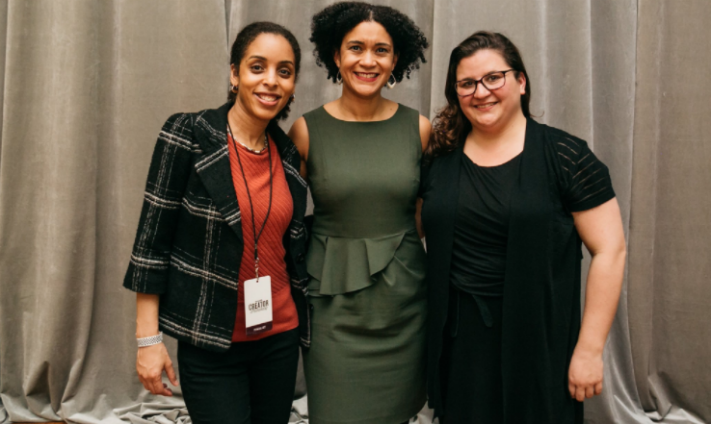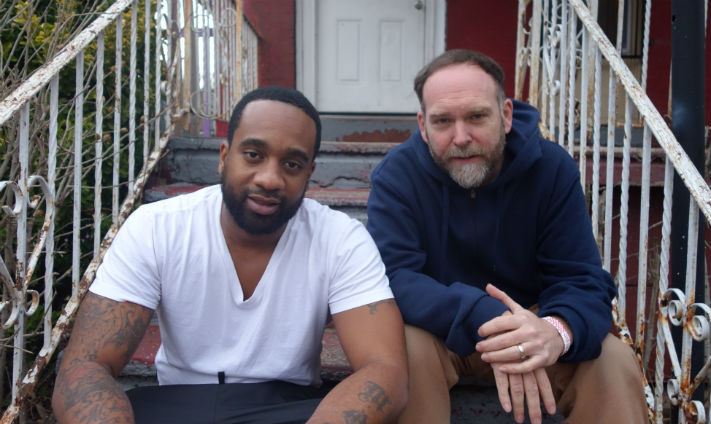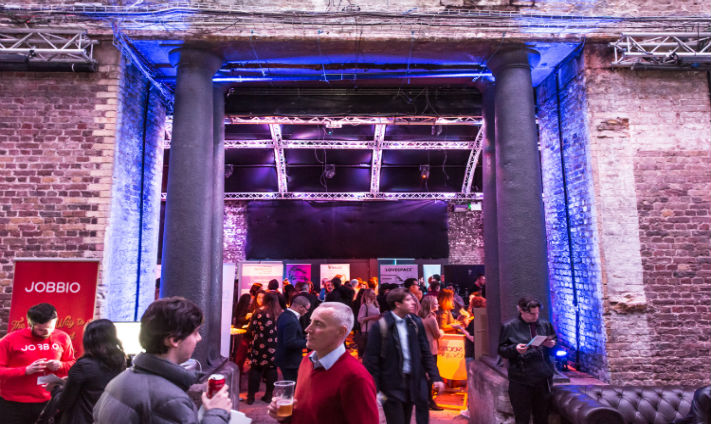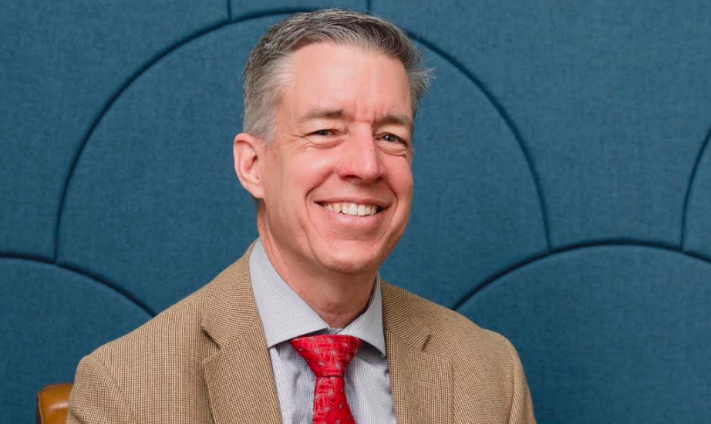Kellee James, Co-Founder and CEO of Mercaris, tells us about her fascinating career journey to date, from professional horse riding to the White House to startup land.
How did Mercaris come about?
I co-founded Mercaris about 4 years ago and the idea was really simple, we would provide market information and a trading platform (an online marketplace) for commodities that were organic or non GMO. These are commodities that were produced under special conditions, that in the case of organic, take into account environmental factors. The production is very different and because consumer demand and consumption has also been so different these markets behave very differently than conventional ones. We decided that no one else was covering these markets in a rigorous way and we should be the first to do it.

How exactly does it work?
Our customers range from small family farms to large food companies and they can do a couple of things with us. One is they can sign up for a monthly or yearly subscription package for information, kind of like signing up to Bloomberg and then that gives them access to weekly and monthly data that they can use for their own businesses. That’s one way we work with our customers. The other way is if they want to buy or sell some grains. Let’s say that they’re a flour mill that needs some wheat because they supply flour for a bakery. Instead of picking up the phone and calling around to see who has wheat for sale which is what they did previously, they can actually list an order online – kind of like an eBay for grain. Then growers can compete to fill their order and Mercaris takes a small transaction fee.
What was your background before Mercaris?
I did a couple of things. I’m an economist by training. I was a White House Fellow for the Obama administration that was 2009-2010. Before that I was at another startup which was called the Chicago Climate Exchange which was kind of related to what we do at Mercaris, it was the first online marketplace for carbon credit.
I went to University of Kentucky and studied Spanish, then I went on to get a Masters in International Development MBA. I never really pictured myself in startup world, I actually used to ride horses professionally but then I got injured in a riding accident and had to figure out what else to do with my life. I started working in ag markets and was enthralled. I felt I had found my calling.
What attracted you to the startup scene?
The first startup I worked at was the Chicago Climate Exchange and for me I was more attracted to the mission than the idea of working at a startup.
I thought that using market tools to achieve an environmental objective was a really cool concept.
I wasn’t necessarily seeking out startups I was seeking out that type of experience in my career. As it happened it was a startup and once I got there I really grew to love the startup mentality.
What’s been the highlight of your career thus far?
I think Mercaris is my highlight. Bringing something from concept through investors and revenue and experiencing such growth. It’s uniquely special to take something from idea to implementation.
If you had to pick out a particularly proud moment what would it be?
Winning at the WeWork Creator Awards and getting $180,000 all at once was amazing! So for instant gratification that was obviously a real highlight. Another would be getting our very first paying customer because at that point to have a paying customer saying ‘this is something we can see is valuable to our business’ is a real thrill.
What difficulties have you incurred along the way?
The real difficulty is keeping this going day after day, year after year. Having worked in Federal Government what’s nice about a bureaucracy is that it will keep functioning whether you’re there or not. At a startup if you don’t show up with your A game then you don’t do it, it doesn’t get done. If you don’t think of it, it doesn’t get thought of. So there’s a lot of pressure that comes with that and that’s the thing that’s really challenging.
What does your team look like? Do you have a good support network?
We have an amazing team but we are a small team, under 10 people. They are all very mission driven and really smart folks, they work in 3 different offices. Here in the DC area we have soon to be 5 people, in Chicago we have 2 people and in Minneapolis we have another 2 people.
Aside from technical ability, what traits do you look for in your team?
So yeah there’s a lot of technical ability needed as the ag market tends to be esoteric. There does have to be domain expertise in agriculture. Other than that I would say the ability to learn quickly is really valuable and then to have an entrepreneurial mindset, where you’re not too bound to process and you can think on your feet.
Did you find it difficult to build out your team in the early stages, to find those key people?
Hiring has been very very difficult for us. Not only finding the right fit but what we found is that the people who are great on paper might not be a good fit for the organisation.
Culturally?
Well culturally is such a loaded term because I think that not being a cultural fit has often meant people who are straining against diversity, so it’s not necessarily the culture of whether you go out and have drinks with the teammates or not. It’s something different. A good example would be when we recruited someone early on, this person had the right skill set and even though we talked through the differences between a startup and a large established organisation, once the reality of working at a startup set in, it still wasn’t what they expected. We talked through the differences on paper but I guess it’s like the difference between reading about a bike and riding one. A lot of ags come from old, established organisations so finding a fit has been hard. Diversity has been a challenge too. I’m African American, I’m always looking for minority candidates which can be hard to come by.
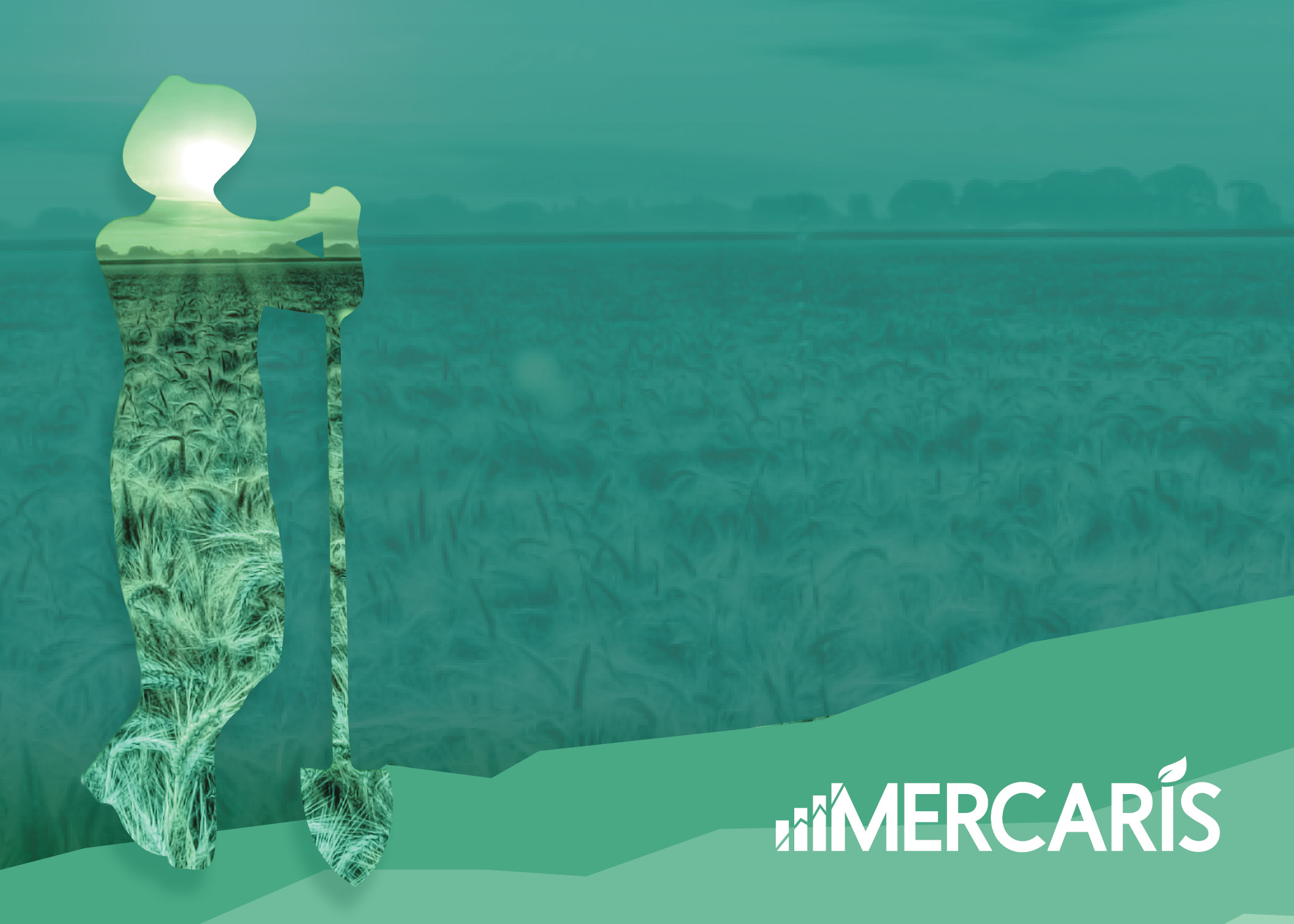 How do you seek out more diverse candidates or is it just something you’re more aware of in the hiring process?
How do you seek out more diverse candidates or is it just something you’re more aware of in the hiring process?
A couple of things we’ve started to do and we’re trying to do more of, is reach out to organisations and institutions that are working with minority candidates. There’s a group called MANRRS which is Minorities in Agriculture, Natural Resources and Related Sciences which is a good source of undergrads for us. If we can get them when they’re undergrads to do internships then hopefully in a few years we can hire them full time so that’s one strategy we use.
How do you strike the balance between hiring diverse candidates and finding that organisational fit?
Well we haven’t really had to make that call. Maybe when we’re larger and more well known. At this stage, the challenge has been sourcing people at all. In theory I think it’s a false choice because I think you can find both.
Do you have any advice for people considering starting their own venture or not-for-profit?
Do the research and make sure you have the grit and determination! Lot’s of people have good ideas and vision but it’s the day-to-day that makes an organisation successful. It’s having the ability to follow through day after day after day, that’s the key skill set.
Read more about female entrepreneurs.
Looking to join a startup? Find your next role here.

